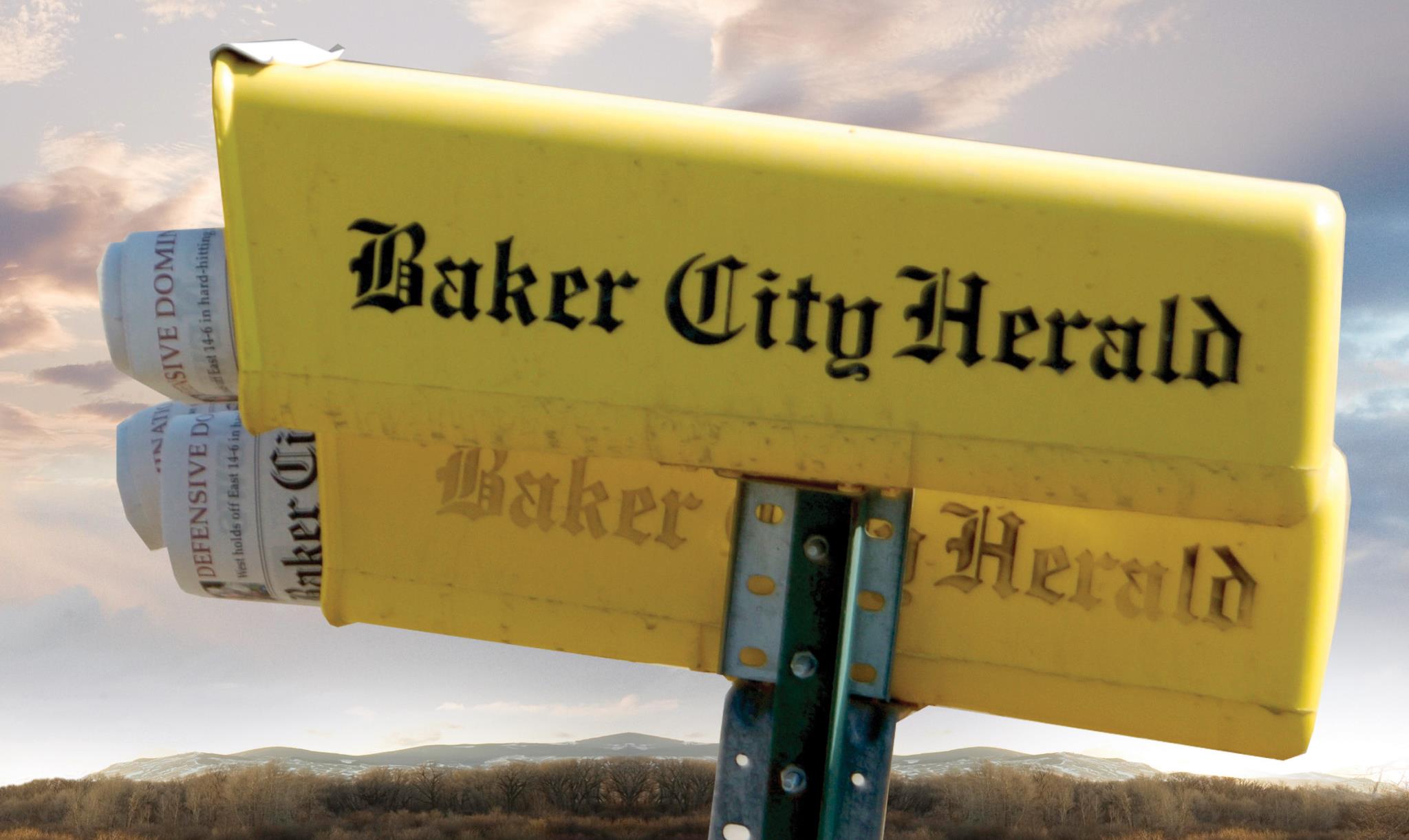Trial date set in 2025 in former Baker City firefighter’s $800,000 civil lawsuit against city
Published 2:36 pm Monday, September 9, 2024

- DocumentFragment_128766752-14.png
A trial date has been set in March 2025 in the $800,000 civil lawsuit that Jason Bybee, a former Baker City firefighter, filed against the city and two former city administrators in August 2023.
Visiting Judge Paula Brownhill, during a status check hearing on Monday, Sept. 9, in Baker County Circuit Court, set a trial date of March 18, 2025, if the parties don’t reach a settlement.
Luke Reese, a Salem attorney representing the city, told Brownhill that depositions of potential witnesses are scheduled for late October.
Brownhill scheduled a status check hearing in the case for Nov. 13 at 1:30 p.m. in Baker County Circuit Court.
Bybee’s attorney, Richard Myers of Portland, and Reese agreed that if the case goes to trial, four days would be sufficient.
Both attorneys participated in Monday’s hearing by video.
Bybee, who is seeking a jury trial, was fired in 2022 after asking the city to accommodate the lingering effects he suffered from COVID-19, which he says he contracted on the job in 2020.
Bybee’s lawsuit, filed Aug. 29, 2023, names as defendants the cty as well as former city manager Jonathan Cannon and former human resources manager Stacy Spriet.
On Jan. 18, 2023, Bybee filed a complaint with the Oregon Bureau of Labor and Industries alleging the defendants violated his employment rights. In addition to asking for $800,000 in damages, Bybee, who was hired as a city firefighter in January 2013, is seeking an order requiring the city rehire him “and make reasonable accommodation of his disability.”
In October 2023, Reese filed a motion asking a judge to dismiss Bybee’s complaint and to award attorney’s fees to the defendants.
The lawsuit
According to the lawsuit, after Bybee was fired in February 2022, he told city officials he was interested in an evidence clerk position with the police department. Bybee also gave the city documentation from his doctor stating that he was medically cleared to do that job, but city officials declined to hire him, according to the lawsuit.
Bybee also contends in the lawsuit that the city has not allowed him to keep the badge he received as a firefighter.
According to the lawsuit, Bybee contracted COVID-19 “in the course and scope of his work” in October 2020. He submitted a workers’ compensation claim to the city, and according to the city’s insurer, his claim was accepted as “compensable” under Oregon law.
According to the lawsuit, Cannon, who resigned as city manager on July 3, 2023, told Bybee that his medical condition wasn’t a disability under the federal Americans with Disabilities Act because it resulted from a COVID-19 infection.
Myers, Bybee’s attorney, said Cannon’s claim was incorrect. The determination of whether an employee’s medical condition is a disability under the ADA isn’t based on the specific ailment, such as COVID-19, but on the actual effects on the employee, Myers said.
According to the lawsuit, after Bybee asked the city about other jobs he could do for the city, such as driving a dump truck, as he has a commercial driver’s license, “the city refused to reassign (Bybee) despite having multiple available positions that were suitable for (Bybee’s) medical restrictions.”
In January 2022 Bybee submitted a new claim for what’s known as “long COVID,” as he continued to suffer from the effects of the infection.
The state workers’ compensation board ruled that that claim was compensable under state law, according to the lawsuit.
But in February 2022 the city fired Bybee, stating that the city would not extend his medical leave. The letter did say he could apply for other jobs with the city. Bybee said he did apply for the police evidence technician job, but that he never was scheduled for an interview.
In the lawsuit, Bybee contends that due to “Cannon’s and Spriet’s unlawful employment practice, (Bybee) suffered economic damages including but not limited to lost wages, impairment of future earning capacity, lost health insurance benefits, lost PERS benefits. …”
Bybee also contends that he suffered “noneconomic damages including but not limited to embarrassment, inconvenience, loss of enjoyment of life, damage to his professional reputation, deprivation of pride in his years of public service, a feeling of uncertainty for his future employment, concern for his family’s financial security, and intereference with his normal and useful activities.”




